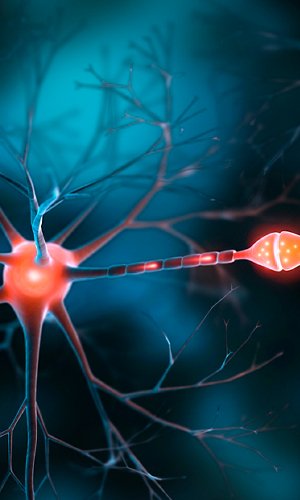Time travel is one of humanity’s most fascinating dreams: the idea of going back to witness historical events, fix past mistakes, or simply observe life in another era has inspired scientists, writers, and philosophers for centuries. Time travel has long been considered pure fantasy, largely because of its logical and scientific paradoxes, chief among them the famous "grandfather paradox": what would happen if someone went back in time and prevented their grandfather from having children, thereby erasing their own existence? But what if new research suggested that a “dive into the past” might be possible? By combining general relativity, quantum mechanics, and thermodynamics, scientists may be on the verge of unlocking the secrets of time travel, without creating logical contradictions. In everyday life, time flows linearly, an idea rooted in Newtonian physics. Yet Einstein’s 1915 theory of general relativity reveals that time is intrinsically linked to space, forming a four-dimensional fabric known as space-time, which can be distorted and behave in counter-intuitive ways. Among the most captivating hypotheses to arise from these theories are "wormholes” - theoretical structures connecting distant points in space-time - and “closed time-like curves”, theoretical pathways that could allow a traveller to revisit the past. According to Lorenzo Gavassino, a physicist at Vanderbilt University in Nashville, Tennessee (USA), in general relativity all forms of energy and momentum act as sources of gravity. This means that if matter were to rotate, it could drag space-time along with it, warping it into loops. In a universe where all matter spins, space-time might indeed bend back on itself to form a loop, making time travel at least conceptually possible, since it would be possible to go back to the starting point. Even though our universe doesn’t appear to rotate in this way, rotating masses - such as black holes - can create similar conditions. Time travel poses conceptual challenges, especially the paradoxes it raises (such as the grandfather paradox). But the root of these issues actually lies in our understanding of thermodynamics. In fact, it is assumed that the laws governing heat and energy would function normally over a time loop. The law of increasing entropy - a measure of disorder in a system - is the only law of physics that distinguishes past from future. Processes regulating our daily experience, like ageing and memory, depend on this increase in entropy. What would happen to entropy in a closed time-like curve? Gavassino’s study, published in “Classical and Quantum Gravity” on 12 December 2024, suggests that such time loops could radically alter thermodynamic laws. In closed loops, quantum fluctuations could erase entropy. This might profoundly affect a time traveller: memories could fade, irreversible processes like ageing or even death could reverse. What if death could be undone? Such a phenomenon would render seemingly final events, like the death of one’s “grandfather”, temporary, thereby resolving the paradox entirely. Historically, most physicists were sceptical of time travel. In 1992, Stephen Hawking proposed the “chronology protection conjecture”, arguing that the laws of physics would prevent time loops from forming. Yet Gavassino believes that even if these loops don’t exist, studying them offers crucial insight into entropy and subatomic behaviour. These investigations may deepen our understanding of thermodynamics at the quantum level and clarify entropy’s role in our universe. “Time travel may remain science fiction, but exploring these questions forces us to rewrite the fundamental lines of how we understand time,” Gavassino concluded. Beyond the scientific hurdles, time travel raises profound philosophical questions: if altering the past were possible, what would that mean for concepts like “fate” or “free will”?
By Fumarola Luca and Bartolotta Francesco, 4LA, Ettore Conti, Milan




